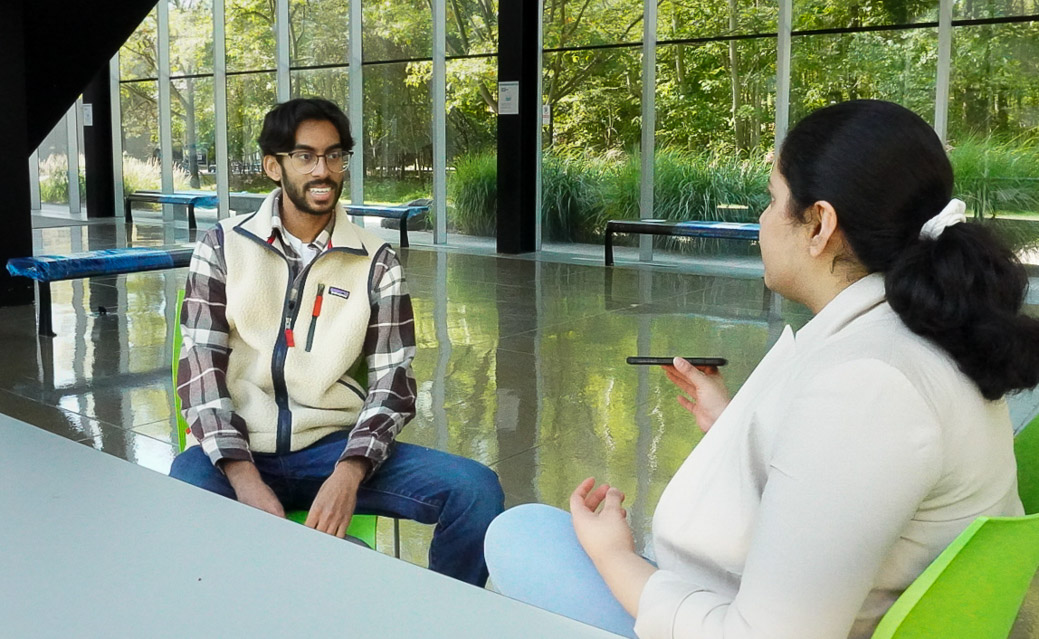Looking back at the impacts of virtual and in-person learning after Covid-19
Educators address the negative effects of virtual learning on students while research reveals the beneficial outcomes.
After more than a year of virtual learning, many Canadian educational facilities have reintroduced in-person learning for students nationwide. Universities including U of T have done so by establishing a set of Covid-19 safety precautions to ensure a smooth transition. Today, in-person learning and virtual education continue to raise uncertainty for both faculty and staff.
A 2021 study from Lucerne University of Applied Sciences and Arts finds that students and educators have experienced significantly more stress due to the rapid shift to remote learning. The findings reveal that of a sample of 487 undergraduate students, 85.8 per cent reported experiencing symptoms of anxiety.
Another study reveals that after two weeks of the first international lockdown, 75 per cent of students faced greater challenges from the pandemic restrictions. In addition, 50 per cent felt that academic outcomes would be more difficult to achieve as online learning presented more troubles than expected.
Balpreet Dhatt, a fourth-year student completing a political science specialist at UTM shares her experience by stating, “the beginning [of] my fourth year of my undergraduate is going to be challenging enough, and even though I am excited to see my class and teammates again, I feel like socializing regularly will take a lot more energy now than it did in 2019, or any other time before the pandemic.”
After spending time on online learning platforms and communicating virtually to peers and professors, many students are unsure of what to expect when returning to campus. For some, it is challenging to rebuild social skills while adjusting back to a fast-paced academic environment. Many are concerned about the social pressures of interacting with one another, while others are thrilled to return after an entire year of remote learning.
Mental Health Team Lead at UTM’s Health and Counselling Centre, Tyla Roach, ensures that a gradual return to campus will have a beneficial impact on the mental health of students.
Roach states in an interview with The Medium, “I think the return to campus for students will improve students’ mental health because they will have a greater sense of community. It’s hard to make friends online so being on campus will help them connect, de-stress, and help each other study. At the same time, I do think in-person tests will be a little bit more stressful as they haven’t done so in so long.”
More than 97 per cent of educators indicate the various setbacks of children completing an online education. Educators have recognized greater learning loss in these students compared to those who did not experience online education.
Like many other students, Dhatt expresses concerns regarding the ongoing pandemic. She explains, “I am glad we are slowly going back to a normal school life, but I am anxious because Covid-19 cases are starting to increase again. I’m used to online schooling and lectures being recorded so in-person lectures feel like a completely new experience now.”
However, while some students find it challenging to sustain an online education, others find it more convenient and beneficial. Research suggests that some students in an online learning environment retain 25 to 60 per cent more information in comparison to those in face-to-face training who retain only 8 to 10 per cent. The Research Institute of America explains these findings by stating that “eLearning students have more control over the learning process as well as the opportunity to revisit the training as needed.”
A full return to in-person learning will be a unique adjustment for all students. Through various activities and events coming up in the year, students will have more opportunities to interact with new peers and professors on campus.


